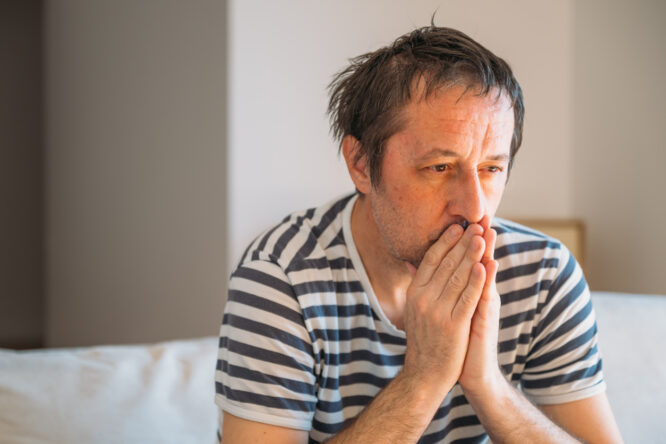It sounds strange, but for some people, feeling safe can actually trigger discomfort, anxiety, or even panic.

When you’ve been used to chaos, walking on eggshells, or constantly scanning for threats, safety doesn’t always register as comfort. In fact, sometimes, it feels like vulnerability. You’re not broken or weird for feeling unsettled when things finally calm down. These explanations might help shed a bit of light on why emotional safety might feel unsafe at first, especially if it’s new, unfamiliar, or touches on something deeper you haven’t fully unpacked yet.
1. Chaos feels more familiar than calm.
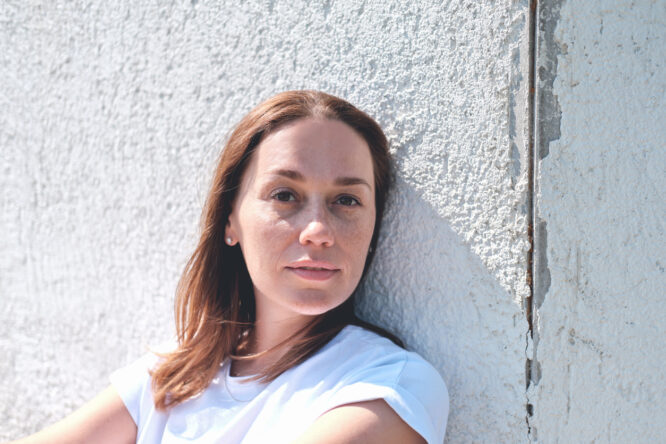
If you’ve spent a lot of your life in survival mode—managing unpredictable people, navigating instability, or anticipating the next problem—that’s what your nervous system gets used to. Calm might technically be safer, but it also feels foreign. So when things settle, it’s not peace you feel first, it’s discomfort. Your brain and body are still waiting for the other shoe to drop, and that constant edge is hard to shake when it’s become your normal baseline.
2. You don’t trust that the good feeling will last.
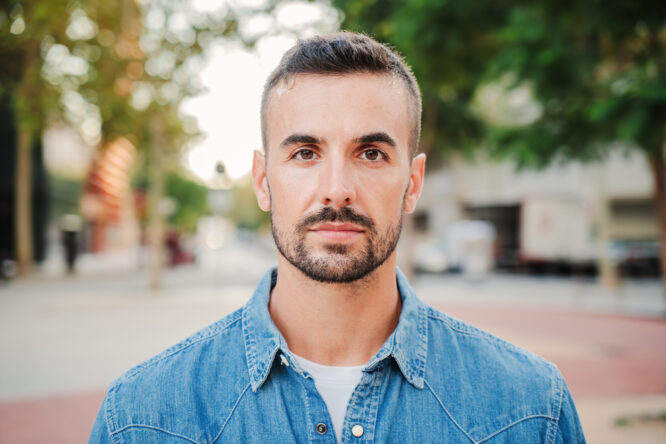
For people with a history of disappointment or letdowns, safe moments feel fragile, like a trick or a setup. You might catch yourself enjoying it for a second, only to suddenly panic about when it’s going to disappear. That internal voice says, “Don’t get too comfortable,” because comfort hasn’t been reliable in the past. So instead of relaxing into the moment, you stay braced for impact—just in case it all goes sideways again.
3. Vulnerability is scarier than tension.

Letting your guard down means opening yourself up to being seen, supported, or emotionally held, and that kind of exposure can feel terrifying if you’re not used to it. Even positive attention can feel like too much. Tension, on the other hand, feels familiar and predictable. It keeps everything at arm’s length. If vulnerability has led to hurt before, it makes sense that “safe” moments make you want to run rather than lean in.
4. You’re waiting for a hidden catch.

If you’ve been around manipulative or inconsistent people, you might associate kindness or softness with a hidden motive. Your guard goes up not because something’s wrong, but because you’re expecting something to go wrong. This can make safety feel suspicious. You’re not used to things being freely given without a twist or a cost. So even healthy dynamics start to feel a little threatening until trust has time to grow.
5. You feel exposed when you’re not performing.
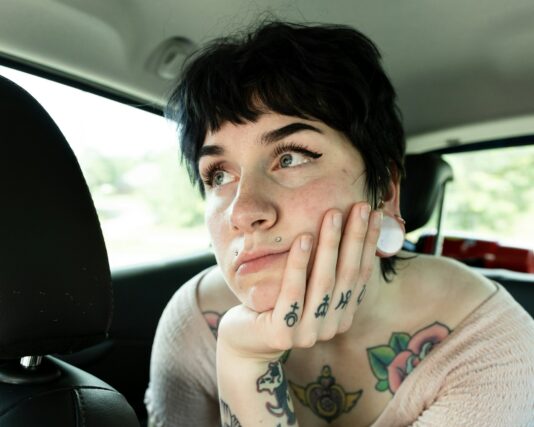
When you’re used to proving your worth by being helpful, entertaining, smart, or “the strong one,” spaces that don’t require that performance can feel deeply uncomfortable. You don’t know who you are without the role. In safe environments, there’s nothing to perform for. But instead of feeling freeing, that can make you feel lost or seen in a way you’re not ready for. It’s not rejection. It’s just unfamiliar, and that unfamiliarity feels risky.
6. Your nervous system is still in high alert mode.

Even if your environment has changed, your body might not have caught up yet. If you’ve lived with prolonged stress, your nervous system learns to expect danger, and stays primed to respond to it, even when it’s not there anymore. So when nothing’s wrong, your body still feels like something must be. You might experience restlessness, anxiety, or a strange urge to pick a fight, just to recreate the feeling your system has adapted to.
7. Safety can make suppressed feelings surface.

When you’re in survival mode, there’s no room to process emotion. But when things finally feel safe, your body and brain might decide it’s time to deal with everything you’ve buried, and that can be overwhelming. Suddenly, emotions you haven’t felt in years start bubbling up. Sadness, anger, grief—all the things you didn’t have space for when you were just trying to get through the day. That release can feel destabilising, even though it’s part of healing.
8. You’ve learned not to relax, ever.

Relaxing might sound simple, but if your history includes unpredictable environments, it might not feel safe to let your guard down. Your brain may have learned that calm equals danger, because that’s when bad things used to happen. So even if your life is calm now, you may still carry that old instinct that says, “Don’t relax—that’s when things go wrong.” It’s not logical, but it’s deeply wired, and it takes time to relearn a different kind of safety.
9. You don’t feel worthy of feeling safe.

If your self-worth has taken a hit over the years—through criticism, rejection, or emotional neglect—feeling loved, safe, or emotionally held might feel like something you haven’t earned. It’s almost too good to be true. You might reject comfort without realising it, or sabotage safe situations because they feel too unfamiliar. When you’re not used to being treated with care, your brain might convince you it’s a fluke, and try to get out before you get attached.
10. You fear being dependent on the safety you found.
 Source: Unsplash
Source: Unsplash Safety is a beautiful thing, but it also creates a sense of dependence that can feel scary if you’ve had to rely only on yourself for a long time. If something feels good, the idea of losing it becomes a new source of anxiety. You might start to pull away from what makes you feel safe, not because it’s bad, but because you’re afraid of how much it might hurt to lose it. That emotional risk feels bigger than the reward, especially if past losses still feel close to the surface.
11. Comfort can feel boring when you’re used to drama.
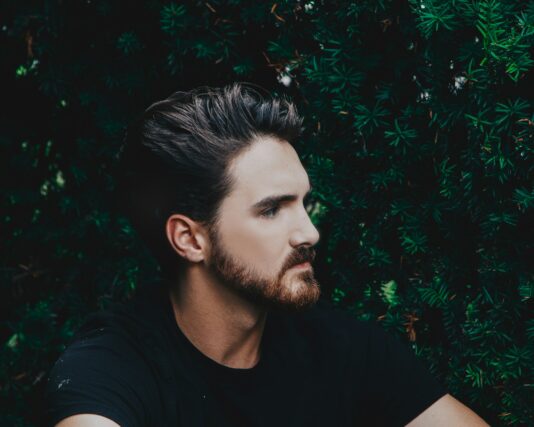 Source: Unsplash
Source: Unsplash If chaos was a core part of your early relationships, peace might feel empty or even dull. You’re used to adrenaline, arguments, emotional highs and lows, and without that, things can feel strangely flat. That doesn’t mean you love drama. It just means your body and brain haven’t adjusted yet. Calm isn’t boring, it’s just different. But until you get used to it, you might find yourself unconsciously stirring things up to feel something familiar.
12. You associate safety with loss of control.
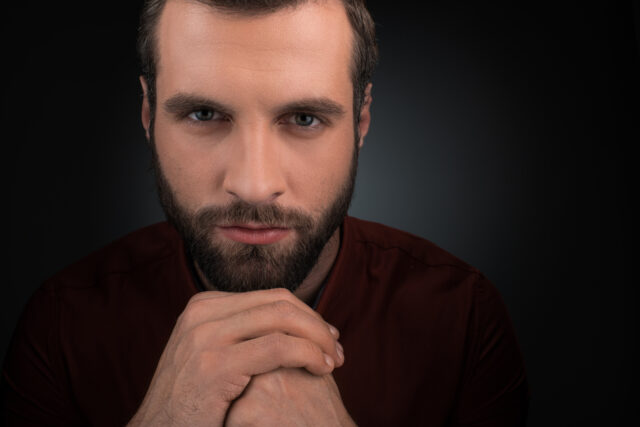
In survival mode, control is everything. You monitor people’s moods, plan for every outcome, and do whatever it takes to stay ahead of emotional danger. Safety, however, asks you to let go, and that can feel terrifying. Letting someone else hold space for you means trusting them with your vulnerability. And when you’ve learned that people can’t always be trusted, that surrender feels like giving up your lifeline, even if it’s exactly what you need.
13. You’re afraid safety might change you too much.

If you’ve built your identity around being strong, independent, or hyper-aware, the idea of softening can feel like losing part of yourself. Safety allows you to change, but sometimes, even positive change can feel like a threat. It’s not that you don’t want peace. It’s that peace requires you to release parts of yourself that helped you survive. And saying goodbye to those patterns, even the ones that hurt, can stir up unexpected grief.
14. You’ve never had a blueprint for healthy safety.

If emotional safety wasn’t modelled for you growing up, you might not know how to recognise or receive it. It can feel like you’re speaking a language you were never taught, and everything feels unfamiliar, even the good stuff.
Without that internal reference point, safe people or peaceful moments might not register as trustworthy at first. It’s not your fault; it’s just new. And like anything unfamiliar, it takes repetition, self-compassion, and time to stop feeling like a threat.




